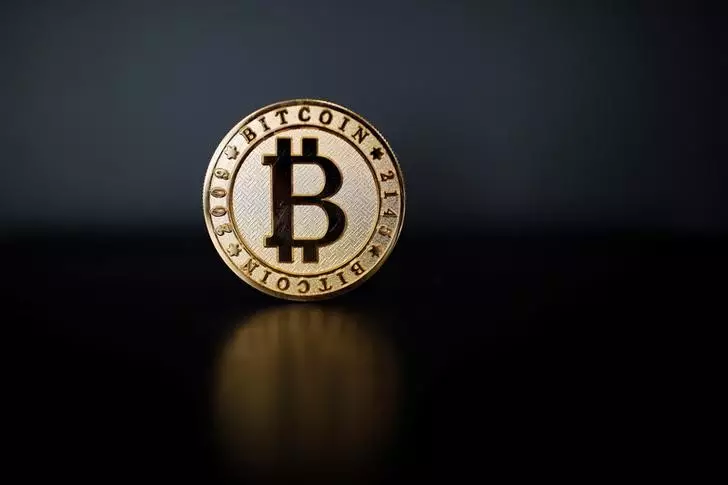In a noteworthy development for the cryptocurrency market, BlackRock, the world’s largest asset management firm, has amped up its Bitcoin holdings, surpassing the significant threshold of 400,000 BTC. Currently, BlackRock’s Bitcoin stash is estimated to be worth approximately $26.98 billion, consisting of a staggering 403,725 BTC. This surge in accumulation is not incidental; it comes on the heels of the firm’s recent purchase of 34,085 BTC in just two weeks, a transaction estimated at around $2.3 billion. These moves illustrate BlackRock’s determined strategy to embed itself more profoundly within the cryptocurrency landscape.
The increasing inflow into Bitcoin Exchange-Traded Funds (ETFs) is a vital factor facilitating BlackRock’s growing presence in the digital currency realm. Bitcoin ETFs have gained traction as a preferred route for institutional investors to gain exposure to Bitcoin without needing direct ownership. This emerging trend signifies a pivotal shift in how major financial players perceive and engage with cryptocurrency, framing Bitcoin not merely as a speculative asset but rather as a legitimate component of diversified investment portfolios.
BlackRock’s dominance raises questions about the future landscape of Bitcoin. Observers are beginning to speculate about potential conflicts within the ecosystem, akin to a “Bitcoin war.” Critics worry that with its vast resources, BlackRock could attempt to exert undue influence over the Bitcoin network, potentially pushing for a fork in the original Bitcoin chain to favor its preferences and strategies. While such scenarios may border on conspiracy theories, they reflect genuine concerns about the balance of power in the increasingly competitive and fragmented cryptocurrency market.
However, BlackRock is not operating in a vacuum. Other powerful entities, including MicroStrategy and its CEO Michael Saylor, who holds significant Bitcoin reserves, alongside various mining operations and a plethora of retail investors, present formidable counterweights to BlackRock’s ambitions. This decentralized market helps mitigate the risk of concentrated power, serving as a reminder that Bitcoin was designed to be a trustless, equitable system. How effectively these competing forces can challenge BlackRock’s growing influence remains to be seen but could shape the dynamics of the Bitcoin community moving forward.
As BlackRock continues to enhance its stake in Bitcoin, the question lingers: Where will it draw the line? Its aggressive approach may set new industry benchmarks, but it also invites a host of challengers. The evolving landscape of cryptocurrency investment could witness new norms and battle lines drawn, as varied stakeholders vie for influence and market supremacy. Engaging with Bitcoin on an institutional level is not merely about capital; it encompasses a broader dialogue about the ethics, governance, and future trajectory of digital currencies. As we look ahead, the interplay of forces in this dynamic environment will be crucial in defining the future of Bitcoin and the role institutions will play in its ongoing evolution.

